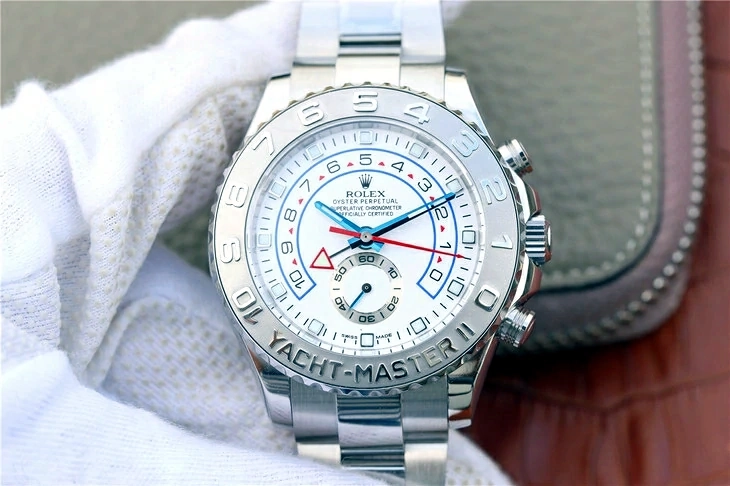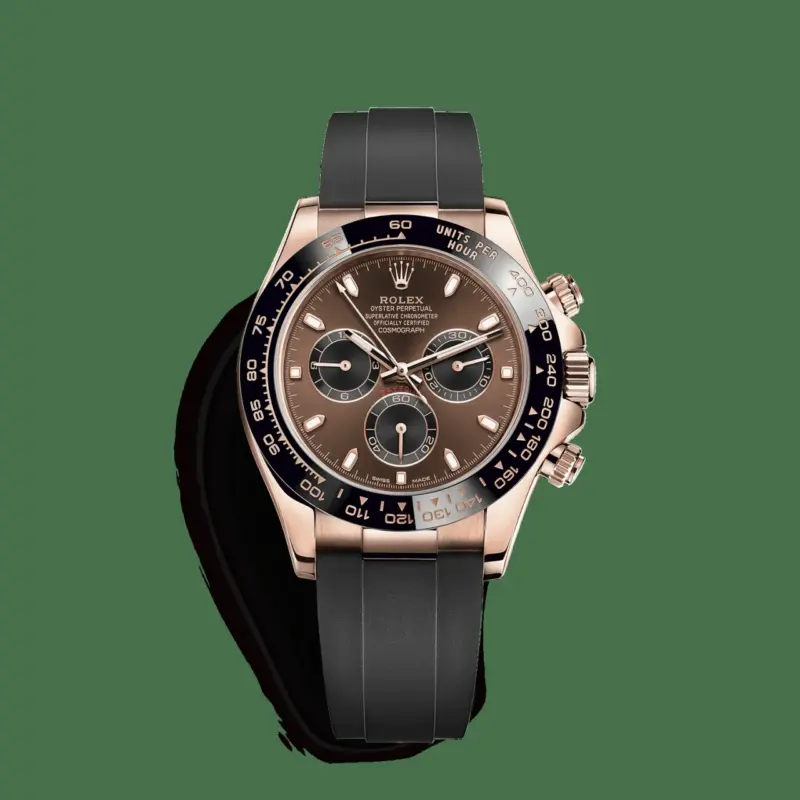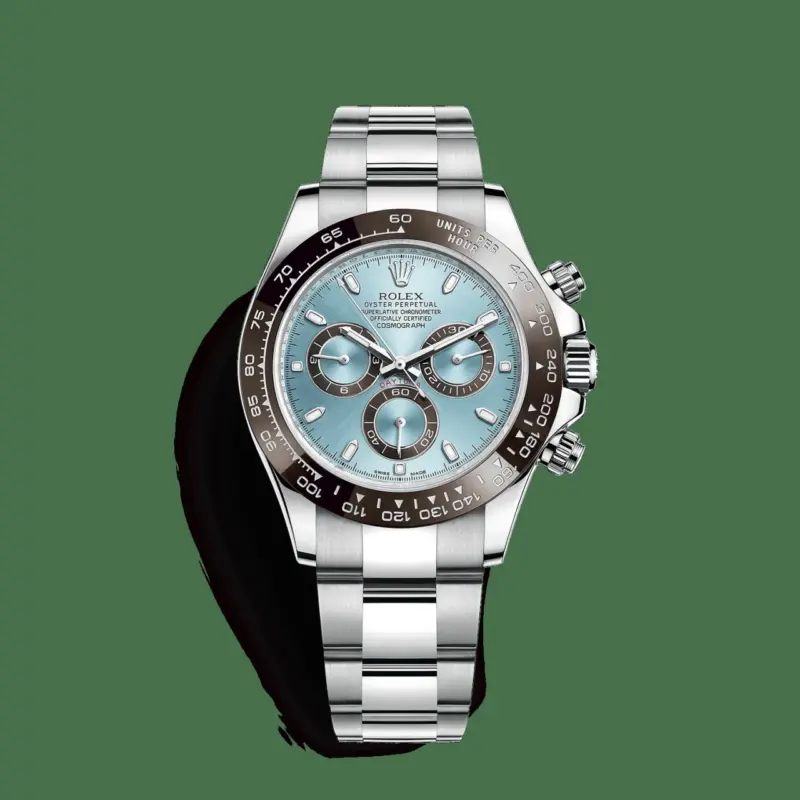Rolex
What is a Master Copy Watch?
Master copy watches, often referred to as replicas or fakes, are replica watches designed to closely mimic the aesthetics and features of renowned luxury brands. These watches not only replicate the overall design but also the branding elements, logos, and packaging of authentic watches. Master copy watches typically boast intricate details, including accurate dials, engravings, and materials that closely resemble those used in genuine luxury watches.
One of the distinguishing features of master copy watches is their craftsmanship. Many of these replicas are manufactured using higher-quality materials compared to lower-end fakes, which are often easily identifiable. A master copy might utilize stainless steel, genuine leather, or even sapphire crystal, providing a more authentic look and feel. The attention to detail can be remarkable, with some replicas featuring weight and texture that make them difficult to differentiate from genuine articles.
These watches are often sold at a fraction of the price of genuine luxury watches, making them appealing to individuals who desire the aesthetics and status associated with luxury brands without the hefty price tag. While the cost savings can be significant, potential buyers should weigh these benefits against the ethical and legal implications of purchasing replica Rolex.

The allure of master copy watches lies in their ability to deliver a similar visual experience to authentic luxury watches without the financial commitment. Many individuals are drawn to these replicas for various reasons, including the desire for a stylish accessory or a functional watch that fits their budget. For some, owning a master copy watch fulfills the aspiration of wearing a prestigious brand while sidestepping the exorbitant costs associated with genuine luxury watches.

However, it is crucial for potential buyers to understand the implications of purchasing master copy watches. While they may provide immediate gratification, the long-term consequences for both the consumer and the brand can be detrimental. Producing and selling replicas infringes on intellectual property rights and can undermine the original brands by diluting their reputation and market value. Additionally, consumers may unknowingly support illegal activities within the replica watch industry.

The growing awareness of these ethical dilemmas prompts consumers to consider the broader impact of their purchasing choices. As the watch industry continues to grapple with the presence of replica watches, buyers are encouraged to reflect on their values and the importance of authenticity in their style choices.

